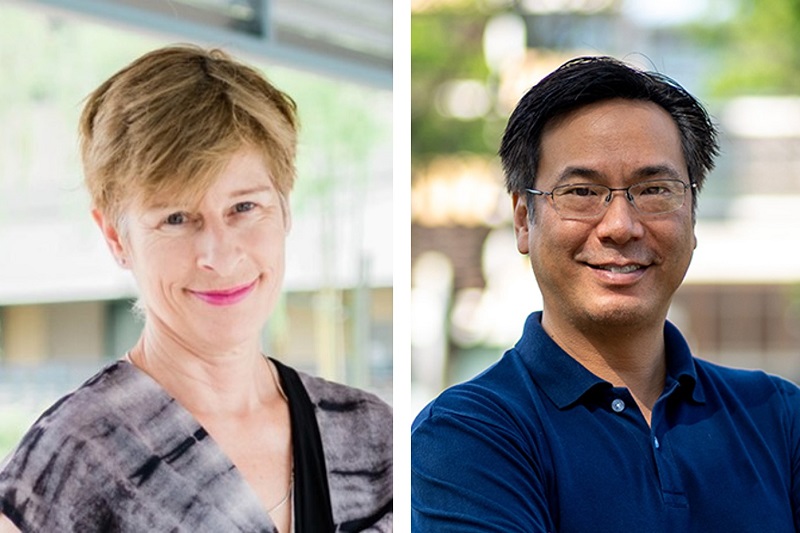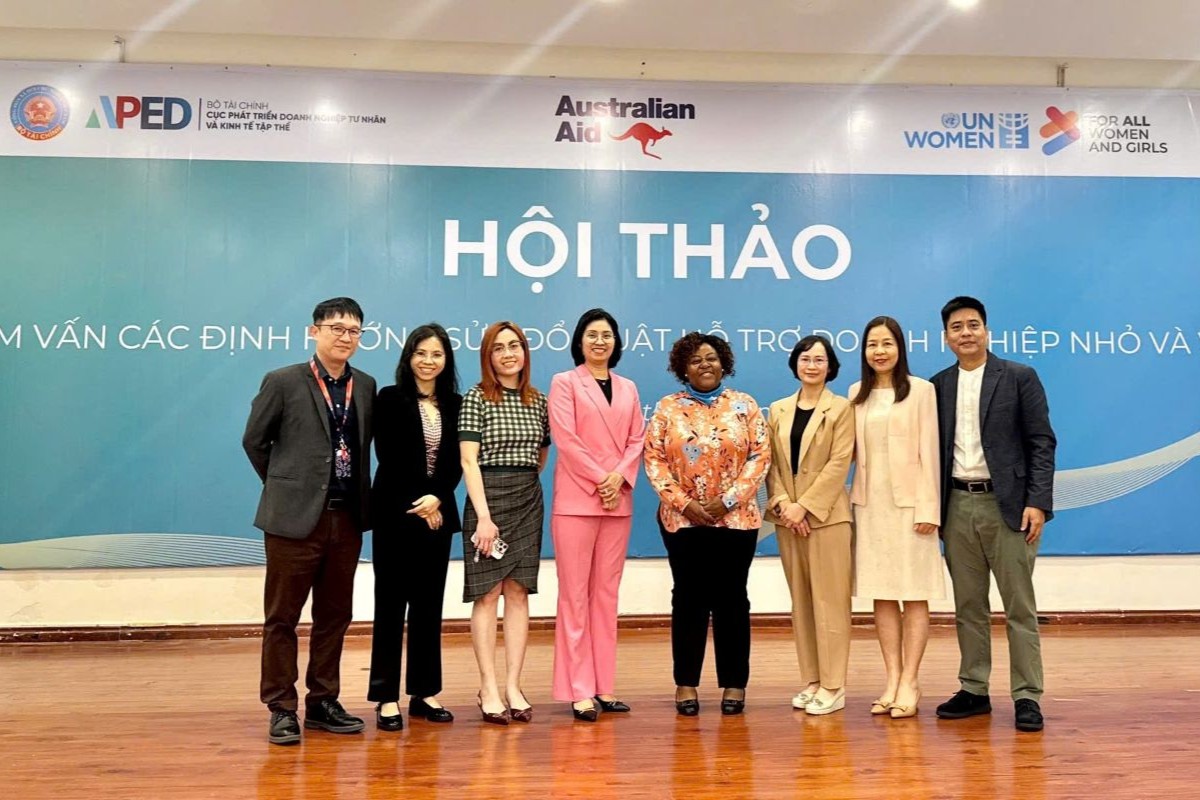De-marketing as the way forward
Dr Little believes de-marketing to be a tool to help people survive the existential threat of climate change.
“De-marketing is about selling the idea that ‘less is best’ – less growth, less material things, less meat and dairy, and zero fossil fuels,” she said.
Dr Little co-wrote a paper titled Macro-demarketing: The Key to Unlocking Unsustainable Production and Consumption Systems? coining the term 'macro-demarketing' and capturing that idea in 2019. She has also been working on a new “net-zero carbon marketing manifesto” with Dr Sabrina Helm from the University of Arizona in the US.
“Our manifesto states that we want to create shared value with the people of the world, without destroying the planet through overproduction and overconsumption; and without destroying the fabric of society through inequality and injustice,” she said.
“We believe that the traditional logic of marketing theory supports damaging production and consumption activities; and that the emphasis should change to collaboration rather than competition, the whole rather than the parts, sufficiency rather than materialism, and collective well-being rather than individual utility.”
Mr Nhan Nguyen highlights education as a big solution to climate change.
“In Vietnam, educating the youth about climate change is an area that needs attention. In my daily work, I come across many young people who have no idea what causes climate change. Most have heard of it, but not many can explain it. So, education is important,” he said.
“NGO and public sector marketers can help by marketing educational messages to raise awareness and build the public's understanding of the issue. For private sector marketers, it’s a more difficult ask as their job is to market their products and make sales.
“Ideally, they and their companies will find a way to balance making sales with environmental impact. It will take redesigning their business model from a linear economy model to a circular economy model,” he suggested.
Dr Little is confident that marketing has a powerful toolkit and people can deploy it for degrowth rather than growth.
“It’s high time we find ways to pivot the marketing discipline away from the raison d'être of growth and to save humanity from itself,” she said.
Story: Ngoc Hoang





